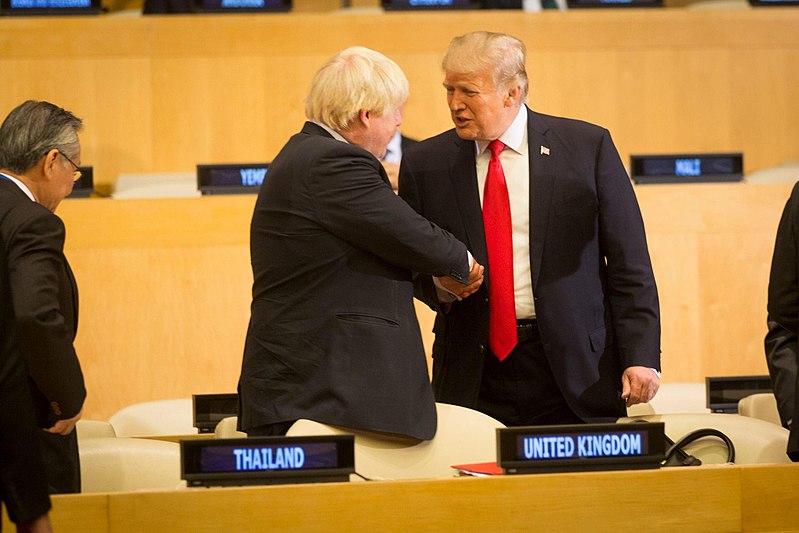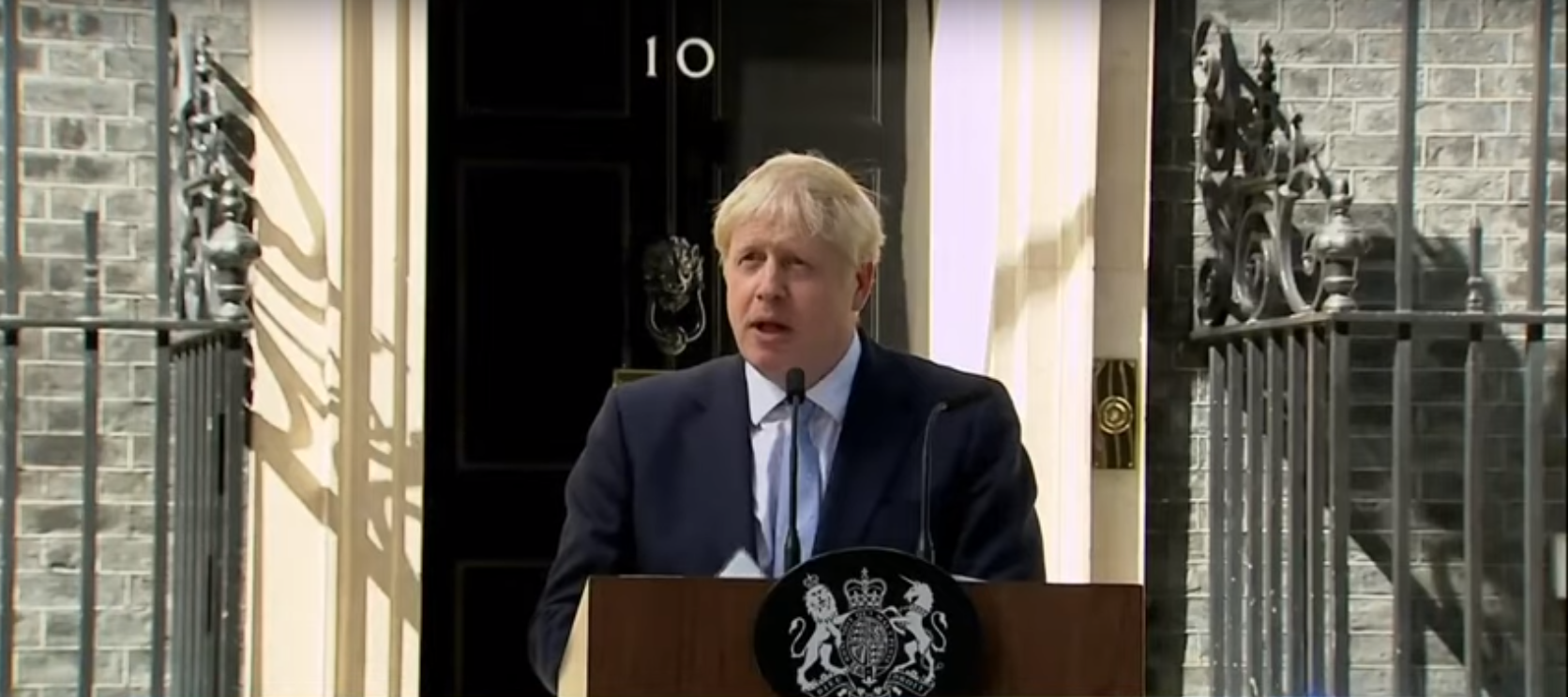On Wednesday, Boris Johnson—former London mayor and leader of the Conservative Party—officially became the U.K.’s new prime minister.
Noted for his similarities to President Donald Trump (whom he recently received an endorsement from), Johnson is a supporter of the Brexit (“British Exit”) movement—a referendum introduced by former prime minister David Cameron which called for the U.K. to either leave or remain in the European Union. After the votes of 30 million-plus citizens were tallied, the votes to leave won out by 51.9% to 48.1%.
During his first speech as prime minister, Johnson presented an optimistic and positive outlook for Britain, promising to usher in the Brexit within the next 99 days.
“We are going to fulfill the repeated promises of parliament to the people and come out of the EU on 31 October, no ifs or buts,” Johnson promised.
Known for his many gaffes and controversies, Johnson has stood out as a polarizing figure in British politics for over a decade.

Over the years, the newly-elected prime minister has gained a reputation for making controversial statements. Johnson once referred to former president Barack Obama as a “part-Kenyan” that may have an “ancestral dislike of the British Empire” due to his lineage, that Islamophobia is “natural” and once referred to Africans as “piccaninnies” with “watermelon smiles” in a 2002 column that he wrote for The Telegraph.
In opposition to his election, environmental activists and protesters joined hands and attempted to block Johnson’s motorcade from entering Buckingham Palace on Wednesday as the prime minister made his way to meet the Queen. The human barricade was swiftly broken up by police.
After it was announced that Johnson had been officially elected as the next prime minister, the hashtag #NotMyPM quickly began to trend on Twitter as many British citizens expressed outrage.
“The doubters, the doomsters, the gloomsters, they are going to get it wrong, again,” Johnson remarked in his opening statements from outside of the prime minister’s office on 10 Downing Street.
While giving his speech, Johnson threw a subliminal jab at former prime minister Theresa May, who resigned last June after being ousted by Brexit supporters within the Conservative Party.
“After three years of unfounded self-doubt, it is time to change the record.”
Quinton Bradley
Intern

